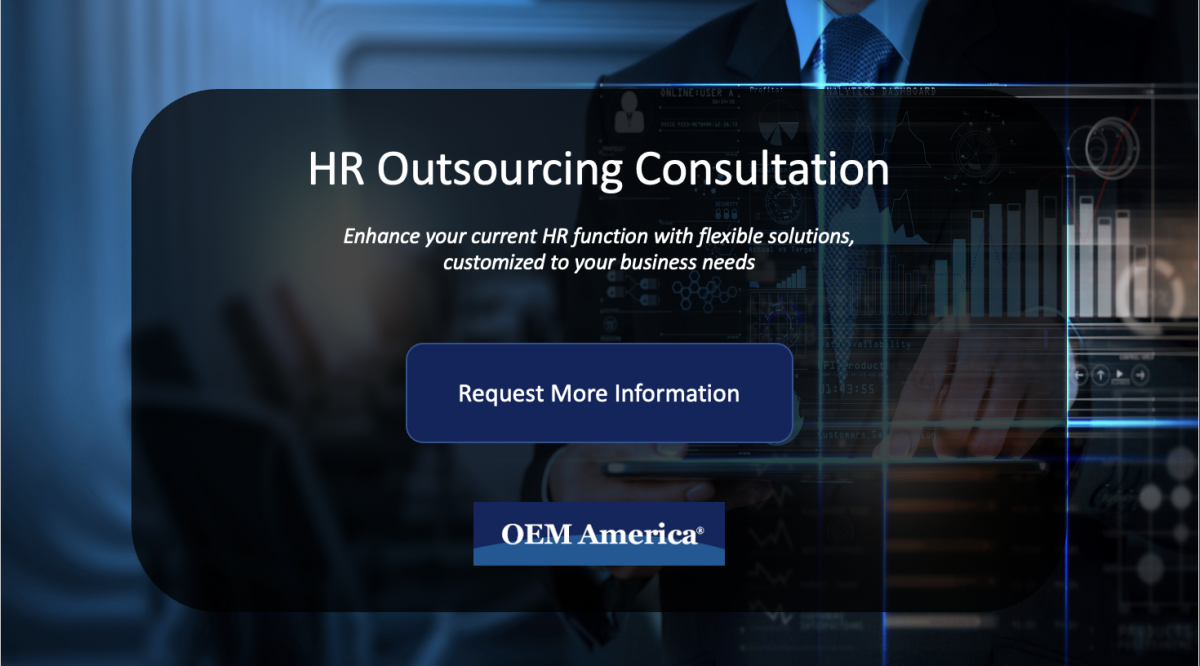PEO Best Practices for Handling Benefits Administration
Benefits Administration is not only an essential HR task, but an important one at that. Administering benefits for new hires needs to be done correctly in order to avoid enrollment errors or incomplete records and noncompliance issues. In this article, we’re going to outline some of the best practices a PEO will follow in regards to benefits administration for new hires to ensure employee satisfaction as well as compliance.
Before you have your new hires choose their benefits, it’s important to define the type of benefits you’re administering and who is eligible to receive them. Types of benefits include:
- Retirement benefits: These include 401(k), 403(b), 457(b) retirement plans and IRAs. These plans are often offered to employees working 20 or more hours a week.
- Health and Welfare benefits: Medical, dental, vision, disability and life insurance products, as well as pre-tax savings plans. Health and welfare benefits are typically offered to full-time staff.
- PTO benefits: This includes vacation time, sick leave, personal leave, holidays, and jury duty to name a few. PTO varies widely.
Communicate Benefits to New Hires Before They Start
Once employment is offered and accepted, a PEO will send them an overview of your benefits package if not yet discussed. It’s important they review, ask any questions they have, and make their benefits selection before their start date so this task can be completed and approved so as to not interfere with work hours.
Electronic Benefit Enrollment Systems
Many companies now have the opportunity to utilize electronic benefit enrollment systems. Online enrollment provides all compliance rules such as federal and state forms and notices, plan summaries, associated benefits and enrollment forms in one easy-to-access place. This system allows for easier administration and can pull all the necessary data into HRIS and payroll systems, which minimizes data entry and document storage. It also ensures employees don’t miss any required fields as the system can prompt users to go back to any incomplete fields.
Not all small businesses have electronic benefit enrollment systems because of the time and money it takes to implement them. This is why many small to midsize businesses partner with a Professional Employer Organization (PEO) to provide it for them.
Confirm Enrollment
A PEO will provide enrollment confirmation to the employee in case they need to review anything. Confirming also provides documentation that their enrollment was processed and entered into the system correctly.
Audit Deductions
Audit deductions are another important task in benefits administrations that PEO experts will be on top of. It’s important deductions are done at the right time, for the right amounts, with the right benefits selected to ensure the correct numbers are going in the system.
Bill Reconciliation
This best practice is often overlooked by companies, and they end up paying for it. A PEO pays special attention to the bill reconciliation process to ensure employers are being charged correctly for their benefits plans, as additions and terminations don’t always show up right away on the bill. This may seem like an accounting responsibility, but it’s really an HR responsibility. Small errors can easily be overlooked by a small HR team along with all the other responsibilities they handle, which is why partnering with a PEO can help your company ensure nothing is overlooked.
Go Back
